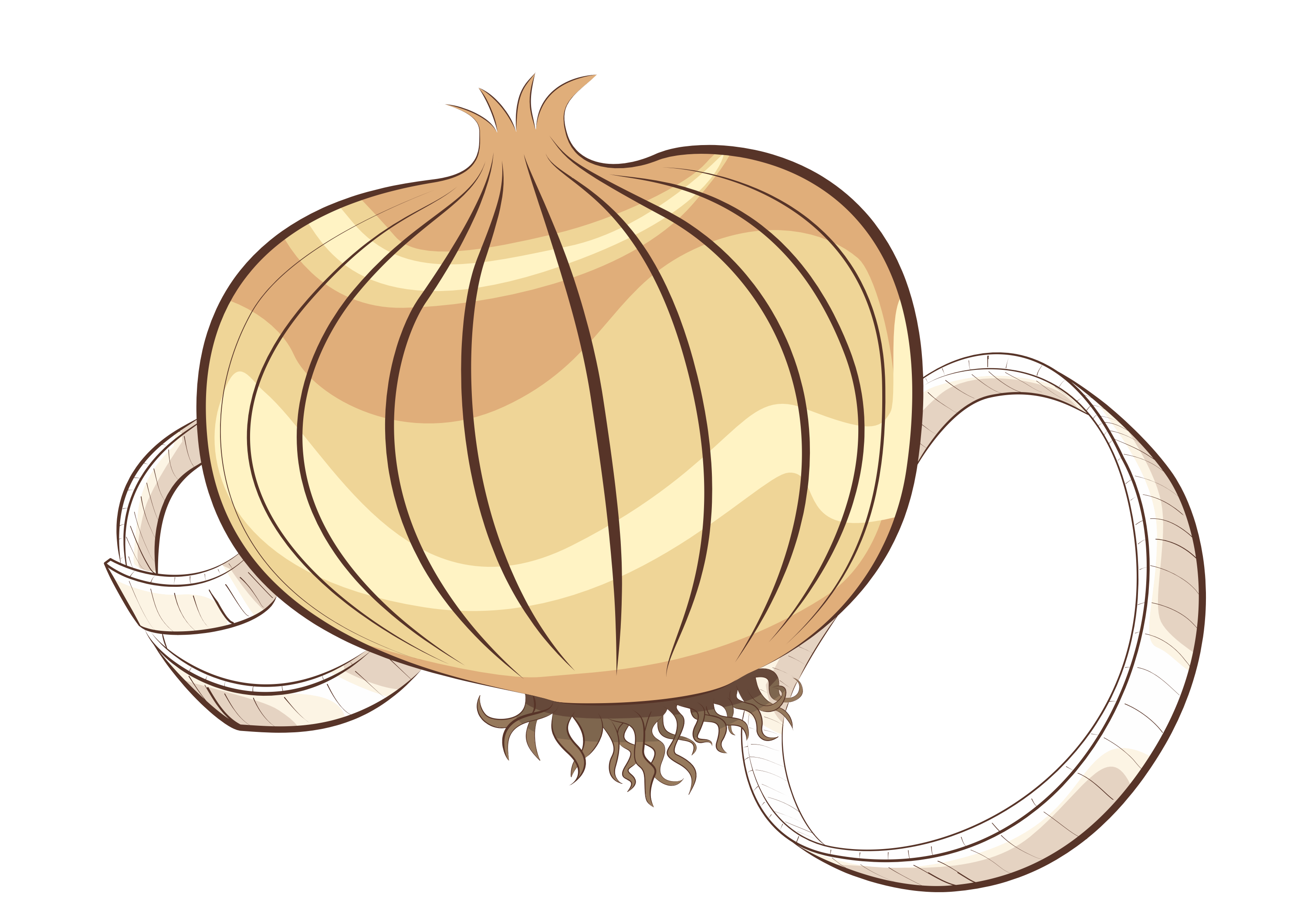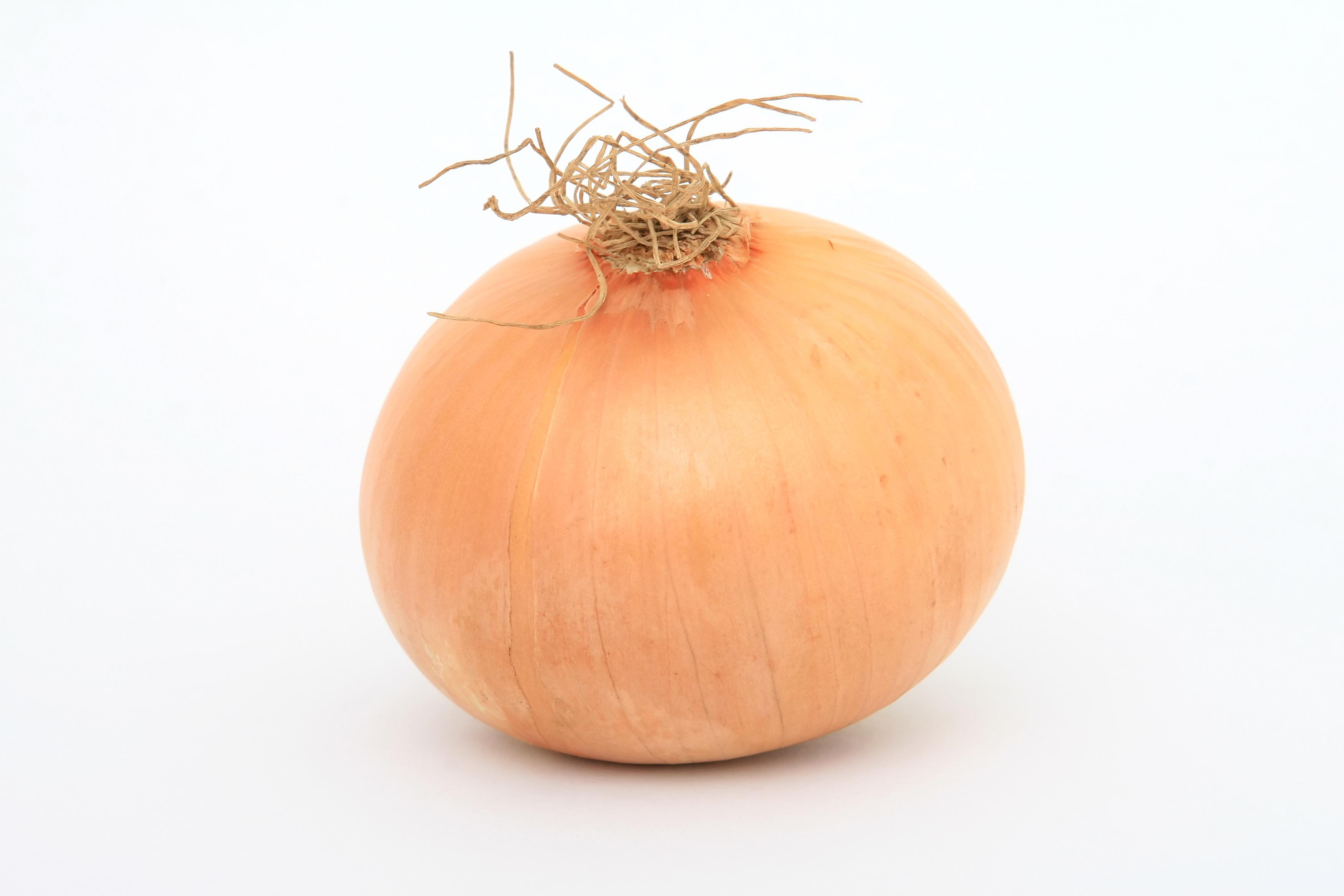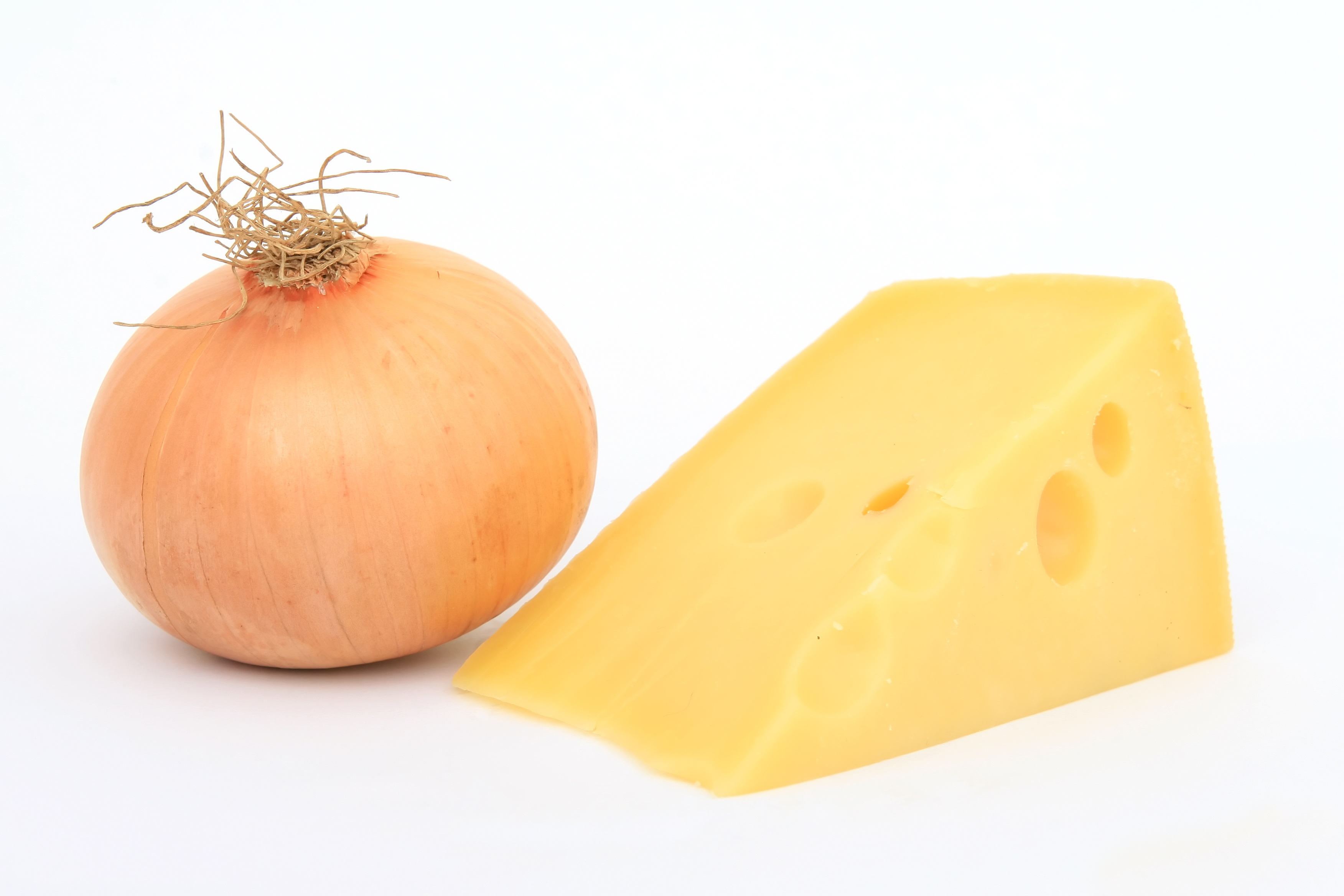Yellow Onion Nutrition And More!
Yellow onion nutrition is highly talked about these days. Onions are one of the vegetables with many good health benefits.
No matter what kind of onion it is, plain onion, yellow onion, or sweet onions, they have a lot of antioxidants. This is the main reason why people all over the world grow yellow onions.
Onion is a vegetable that is very good for people to eat daily. Onions have carbs, calories, proteins, fats, vitamins, sugar, fatty acids, etc. Phytochemicals in onions, especially yellow onions, help fight off different diseases and improve health in different ways.
One of the best things about yellow onions is that they are high in fibre and protein, and their overall fat content is zero. As a result, yellow onion becomes an important nutritional component in vegetables or dishes for people wanting to lose weight. In addition, yellow onions are accessible in many regions of the world as scallions, shallots, chives, leaves, and shallots. Yellow onion nutrition facts are plentiful, and no nutritionist can refute its daily worth for health.
According to the National Onion Association, yellow onions account for 87 per cent of the onion harvest in the United States, with 2- to 3 1/4-inch medium-sized yellow onions being the most regular retail size available. Yellow onions have a sweet, mild flavour. They are an easy method to improve nutrients in various recipes, whether raw, grilled, roasted, or sautéed.
Yellow onion nutrition

Serving Size: 1 medium (94grams)
Amount Per Serving
Calories 41 Calories from Fat 1.6g
Total Fat- 0.2g
Saturated Fat 0g- 0%
Trans Fat 0g – 0%
Polyunsaturated Fat 0.1g
Monounsaturated Fat- 0g
Cholesterol 0mg- 0%
Sodium 2.8mg- 0%
Potassium 156mg- 4%
Total Carbohydrates 9.5g- 3%
Dietary Fiber 1.3g- 5%
Sugars- 4.4g
Protein- 1.3g
Vitamin A- 0%
Vitamin- C 8.1%
Calcium- 1.6%
Iron- 1.3%
Health Benefits of Yellow Onion

Even though veggies are crucial for your daily health, onions offer some surface components that are favourable to your health. Yellow onions contain various substances such as strong plant compounds, minerals, vitamins, calcium, and iron, all of which aid regulate health in amazing ways. One medium-sized yellow onion has enough proteins, carbohydrates, carbs, and other nutrients to aid our health from various types of immunity-prone disorders.
Yellow onions are also high in B vitamins such as B9, B6, and B12. All these vitamin B and vitamin C constituents are essential for improving metabolism, red cell formation, and nerve function in the body.
Because onions are full of these nutrients, they help the kidneys work better and muscles contract by reducing the amount of saturated fat in the body. According to many studies, the total amount of fat in yellow onions is almost nothing. So, it keeps us from getting diseases like cancer, diabetes, and more.
People cut down on body fat by adding yellow onion to salads that are part of a healthy, balanced diet. Onions also have short-chain fatty acids that help boost the immune system, improve how the digestive system works, and reduce inflammation. Hormones and lipids are also made with the help of these fatty acids.
Amount Of Sodium And Potassium In Yellow Onions
One yellow onion has no sodium, which means it has 0 mg. About 170 mg of potassium can be found in a yellow onion, about 4 per cent of the total amount of nutrients in an onion. Besides that, there is 146 mg of potassium in a raw onion. If we look at the amount of potassium in different vegetables, we can see that onions have the most of these minerals.
Onions are a special part of low-calorie diets because they have fewer calories and fats in addition to sodium and potassium. Onions also have about 4% iron, 4% calcium, and 16% carbohydrate in a single medium-sized bulb. Onions also have a lot of sulfur, which is good for your heart because it helps prevent many heart diseases.
About 9.3 per cent of all the sulfur in the world is in a yellow onion. Recent research has also shown that all these compounds work together to stop diseases like acid reflux. Yellow onions help lower insulin resistance because they are low in carbs and sugar. So, it makes perfect sense that about 87 per cent of the onions we grow and sell in the food market are yellow.
Yellow Onion Nutrition- Dietary facts

Yellow onions have 1 gram of fibre per 1/2-cup serving, whether raw or cooked. This amount gives a healthy adult who eats about 2,000 calories daily 4 per cent of the fibre the U.S. Department of Agriculture says they need daily. Most of the fibre in a yellow onion comes from fructans, a good source of soluble fibre. Soluble fibre may make you less likely to get diabetes, high cholesterol, or colorectal cancer.
An article in “Nutrition Reviews” from 2009 research on dietary fibre found that people who regularly eat high-fibre foods like yellow onions are less likely to get high BP, stroke, obesity, heart problems, and GI disorders.
Amount Of Vitamins In Yellow Onions
Even though there are only small amounts of vitamin B-6, folate, and vitamin A in half a cup of yellow onions, it has a lot of vitamin C.
Between 8 and 10% of the RDA of vitamin C is met in each serving. Getting enough vitamin C on a regular basis may help prevent atherosclerosis, osteoarthritis, some types of cancer, high blood pressure, and tissue damage that comes with getting older. When yellow onions are exposed to heat, light, or air, the vitamin C in them quickly breaks down. To get the most vitamin, don’t cut yellow onions until you’re ready to use them, and eat them raw or with just a little cooking. Yellow onions should be kept in a cool, dark place and used within three or four days of being bought.
Amount Of Minerals In Yellow Onions
Each 1/2-cup serving of yellow onions has 5 per cent of the daily recommended amount of manganese. Manganese is important for energy metabolism and the health of the cardiovascular and nervous systems. Still, up to 37% of Americans may not get enough manganese in their diets, according to the University of Maryland Medical Center. Manganese from good sources, such as yellow onions, may make premenstrual syndrome and arthritis less painful.
Yellow onions have manganese and small amounts of potassium, calcium, iron, magnesium, copper, and phosphorus in each serving.
Amount Of Antioxidants In Yellow Onions
All onions have antioxidants, chemicals that can stop free radicals from damaging DNA in the body. In 2004, a study at Cornell University found that yellow onions have many more antioxidant flavonoids than other onions. The researchers found that white onions had 10 times fewer flavonoids than the Western Yellow.
That yellow onion extracts were the best at stopping the growth of colon cancer and liver cancer cells out of all the onion extracts they tested in the lab. The scientists concluded that the high levels of antioxidants in varieties like yellow onions might make people want to eat them more often to get more health benefits.
Can you eat raw onions?
Onions can be eaten raw. You may not know this, but eating raw onions is one of the healthiest things you can do. You can add onion to your diet in a salad, topping, or any other way. Even if you eat raw onion, it will still give you the same health benefits as cooked onion.
Several studies have found that eating raw onions with your food regularly helps your body make radical compounds. These radical compounds protect the body from diseases like cancer, lower the risk of a heart attack, and keep you from getting common health problems like low immunity, migraines, and more.
Yellow Onion Nutrition- Final words
Yellow onion nutrition consists of antioxidants, carbs, vitamin C, vitamin B, protein, and dietary fibre. All of these things help keep your bones healthy and strong. This will help keep diseases like arthritis and osteoporosis away from your body.
Even though they taste sweet and light, they are low in sugar and have a lot of nutrients. As we already said, yellow onions are also a good source of vitamin C. Because of this; they can also help your skin from pigmentation and UV rays.
In conclusion, we can say that all the nutrients in yellow onions are good for your health if you eat them. So, now that you know the yellow onion nutrition facts and how they can help you cut calories, it’s time to start eating a small amount of them every day.
FAQs
1. Are yellow onions nutritious?
Yellow onions have more antioxidants than other varieties. Yellow onions may have nearly 11 times the antioxidant content of white onions. Cooking can dramatically diminish its levels.
2. Are yellow onions A Superfood?
Glutathione makes the allium family a superfood for fighting cancer because it helps eliminate toxins and carcinogens. Yellow onions contain potassium, calcium, vitamin C, and folate.
3. Are yellow onions high in carbs?
Yellow onions are the best low-carb choice because they have the least amount of sugar and total carbohydrates. About 7 grams of carbs and only 1 gram of fibre are in a cup of chopped yellow onion. Only 1g of a yellow onion’s 6g of net carbs come from sugar.
4. Is yellow onion keto-friendly?
You can have yellow onions on keto, too. 1/4 of yellow onion clocks in at 3.1 grams total carbs and 2.4 grams net carbs.
5. Are yellow onions high in sugar?
There are small amounts of the simple carbohydrates sucrose, glucose, and fructose in a 1-cup serving of chopped yellow onions. It does not have any of the other sugars – lactose or maltose.
6. Can you put yellow onions in a salad?
Yes, You Can Put Raw Onions in Your Salad.
This was all about yellow onion nutrition.

